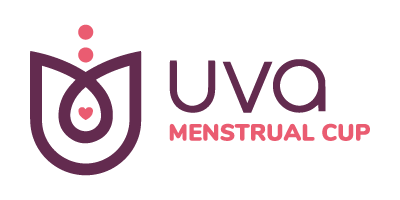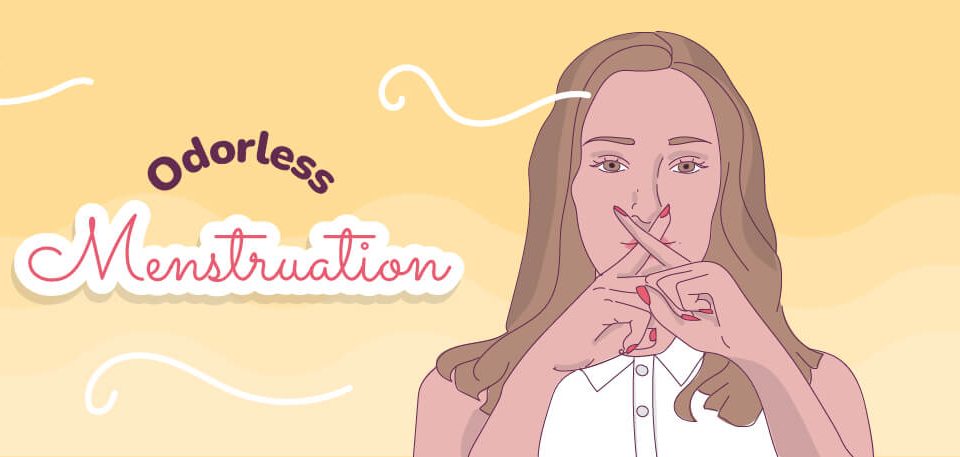 Store
StoreRECOMMENDED PRODUCT
Uva Menstrual Cup
Ultra-soft silicone for your comfort and peace of mind.
$29.99

 How to use the cup
How to use the cup- FAQ
- Blog
 Store
StoreRECOMMENDED PRODUCT
Uva Menstrual Cup
Ultra-soft silicone for your comfort and peace of mind.
$29.99

 How to use the cup
How to use the cup- FAQ
- Blog

Is It Normal to Have Menstruation Without Clots?
Menstruation is a fundamental aspect of female health, and its regularity and characteristics can be important indicators of overall well-being. One of the most common concerns is the presence or absence of clots during this period. Menstruation without clots, although it may seem atypical, is a phenomenon that can occur and about which it is essential to be informed.
In this article, we will explore the topic of clot-free menstruation in depth, analyzing its possible causes and health implications. In addition, we will provide practical tips and recommendations to manage your menstrual cycle effectively and healthily.
What Does Menstruation Without Clots Mean?
It may be a sign that your menstrual flow is less viscous or that blood is coming out more evenly. It is important to note that each woman is unique and menstruation can vary considerably from one person to another. While in some cases the absence of clots is completely normal, in others it may be reason for medical consultation.
Common Causes of Clot-Free Menstruation
There are several reasons why menstruation can occur without clots. Some of the most common causes include: Light menstrual flow:
- A lighter flow may not form clots.
- Balanced hormones: Proper hormonal balance can result in a smoother flow.
- Use of hormonal contraceptives: These can alter the nature of menstrual flow.
- Regular, uncomplicated menstruation: For some women, it is completely normal to not have clots during menstruation.
Every woman needs to know her cycle and its normal patterns to identify any significant changes.
Impact on Women’s Health
Although the presence of clots during menstruation is common and, in many cases, normal, their absence can also be a sign of good health. However, it is crucial to pay attention to other symptoms that may arise and, in combination with clot-free menstruation, may indicate the need for further medical evaluation.
When to Consult the Doctor?
Some situations that require the attention of a health professional include:
- Drastic changes in the menstrual cycle.
- Very light or absent menstruation.
- Severe or unusual pelvic pain.
- Symptoms of hormonal disorders.
It is important to attend regular gynecological check-ups and discuss any changes or concerns with your doctor.
In summary, clot-free menstruation may be normal for many women, but it is essential to be aware of any other symptoms or changes in the menstrual cycle. Maintaining an open dialogue with your doctor and performing regular checkups are best practices to ensure optimal women’s health.
We remind you that the information presented in this article is intended to educate and is not a substitute for professional medical advice. In case of doubts or worrying symptoms, it is always advisable to consult a specialist.











